History
Founded in 1937 through the efforts of Dann C. Byck, Sr., and Mary Helen Byck, and other leaders of the business community after Louisville’s Great Flood, the Louisville Philharmonic Society (later renamed the Louisville Orchestra) was at the center of rebuilding the city. The Louisville Orchestra has long been recognized as the cornerstone of the Louisville performing arts community. Robert Whitney was invited to conduct the newly established orchestra, known as the Louisville Philharmonic, and arrived from Chicago that same year.
Only ten years after its formation, Maestro Whitney and Charles Farnsley, the visionary Mayor of Louisville (1948-1953), conceived an adventurous plan to make the commissioning, performance, and recording of new works for orchestra a centerpiece of the Orchestra’s global mission. Internationally recognized composers were approached to create commissioned works to be premiered by the Louisville Orchestra and an exciting series of new works was launched. The classical music world took notice. Wide critical acclaim and a resulting invitation to perform at Carnegie Hall followed on the premiere of a new commission from American composer William Schuman, and the joint commission for choreography. His dance concerto, Judith, was premiered by international dance superstar and choreographer Martha Graham on January 4, 1950. As a result of the success of the commissioning project, the Louisville Orchestra became the first orchestra to create its own record label – First Edition Records. With support from the Rockefeller Foundation, Louisville annually commissioned and recorded up to 52 new compositions from established and student composers worldwide, ultimately creating nearly 150 vinyl recordings (LPs) of more than 450 works by living 20th Century composers that were released globally by subscription in more than 48 countries. It was during this time (1949) that the Philharmonic Society officially changed its name to the Louisville Orchestra.
A full-length feature documentary film titled, Music Makes A City, was released in 2010 documenting this extraordinary achievement. Details about the film can be found at www.MusicMakesACity.com.
The attention garnered by the early releases brought international attention to the Louisville Orchestra and other acclaimed performances followed: “A Festival of the Arts” at the White House, the Inter-American Music Festival at the Kennedy Center, “Great Orchestras of the World” at Carnegie Hall in 2001, and a tour to Mexico City. In 1981, the ensemble officially augmented to full-time status and in 2001, the Louisville Orchestra received the Leonard Bernstein Award for Excellence in Educational Programming. Reflective of the Orchestra’s commitment to the music of the time, the Louisville Orchestra has earned 19 awards from the American Society of Composers, Authors and Publishers (ASCAP) for adventurous programming of contemporary music. Changes in the business community and the recession of the early 2000s brought challenges to the Louisville Orchestra resulting in an administrative reorganization. In 2013, for the first time in decades, the LO balanced its annual budget — emblematic of its current stable footing, community support, and strong leadership.
In 2014, the LO welcomed a new music director, Teddy Abrams, who is reviving and re-engaging the Orchestra’s commitment to contemporary composers. While aware that performance of familiar and important historic classical works is essential to programming, Teddy has dedicated himself to providing a platform for aspiring composers to launch their art and is examining the role of the orchestra to its community and citizens in the 21st century. He views music as the weft of a community’s fabric, as the great equalizer among people, and so considers community-based performances and collaborations as an integral component of an orchestra in our time.
To accomplish this mission, in the 2022/2023 season, the Louisville Orchestra inaugurated its Creators Corps program. The program has received national attention and is the first of its kind, bringing creator artists/composers to live in the Louisville community to get a deeper integration with the orchestra and the city itself and commissioning them to write a composition that typifies that found relationship. The LO also offers a wide variety of concert series to the community, including classical programs featuring world-renowned guest artists, family offerings. and lighter classical and pops performances. In addition to its acclaimed MakingMUSIC program founded in 1940 to bring premiere musical experiences to 4th and 5th grade students, the organization’s educational and community engagement programs have also been greatly expanded. Concerts with interesting themes are provided in neighborhood locations around the city, through its Music without Borders and Once Upon an Orchestra library series. The LO also hosts a R.A.P. School in collaboration with Hhn2l and continues its long-standing relationship with the Heuser Hearing and Language Academy.
2022 also brought a nationally historic opportunity to the Louisville Orchestra. The organization was awarded $4.3 million dollars by the Kentucky Legislature to create a statewide tour, thus bringing the excellence of the LO to areas that would not normally have access and reimagining the organization as an essential public service, with a focus on community building and promoting more equitable cultural health and well-being throughout the Commonwealth.
The LO is also the resident performing group for Louisville Ballet and Kentucky Opera.
MUSIC DIRECTORS of the LOUISVILLE ORCHESTRA
Jorge Mester (1967 – 1979)
Akira Endo (1980 – 1982)
Lawrence Leighton Smith (1983 – 1994)
Max Bragado-Darman (1995 – 1997)
Uriel Segal (1998 – 2005)
Jorge Mester (2006 – 2013) * Music Director Emeritus (2013 – 2015)
Teddy Abrams (2014 – present)



